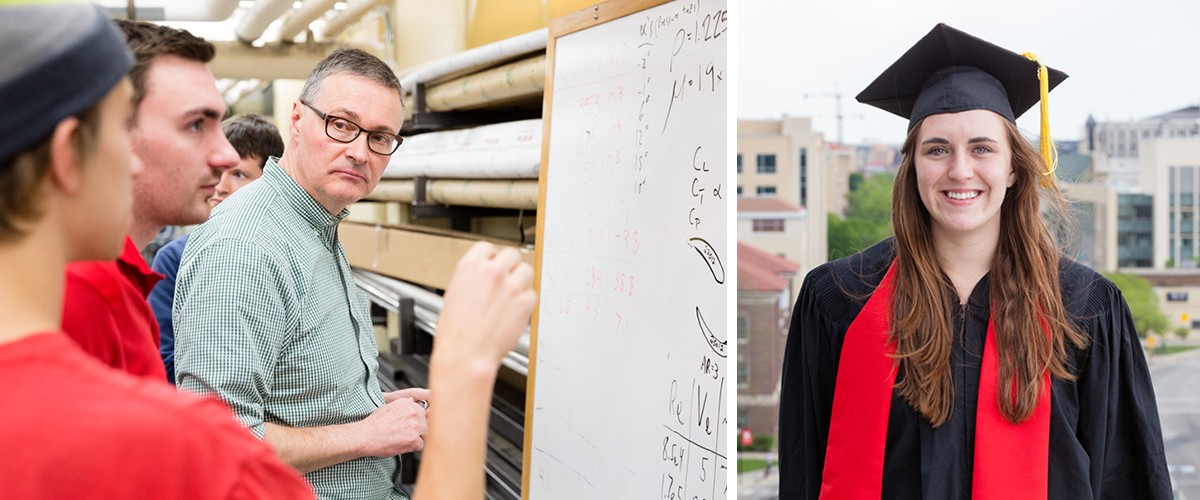As a PhD student in electrical and computer engineering, you can engage in creative approaches to solving problems through research in any of several cross-cutting areas of your choosing- among them, data science, healthcare, mobile computing, security and infrastructure resilience, sensors and sensing, and sustainability. Within those cross-cutting areas, you’ll be able to specialize in areas that include applied electromagnetics and acoustics; communications, networks, privacy and security; solid-state electronics and quantum technologies; machine learning, signal processing and information theory; computer systems and architecture; plasma science and fusion energy; energy systems; optics and photonics, and optimization and control.

